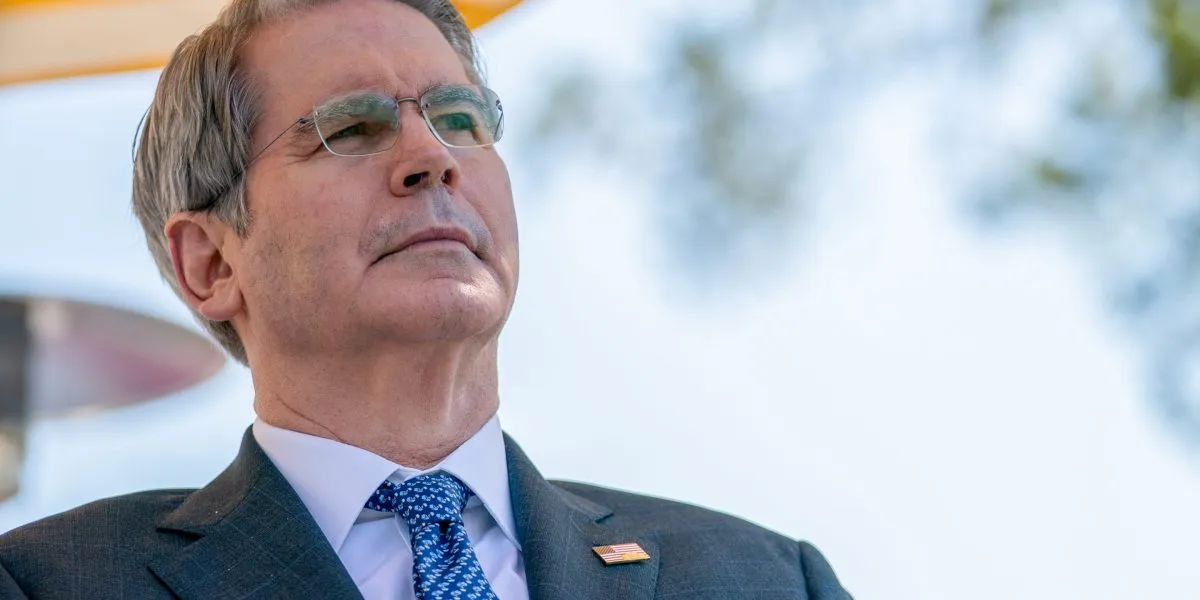
In a recent interview on CBS News’ Face the Nation with Margaret Brennan, economic expert Bessent discussed the implications of President Donald Trump's proposed 100% tariff on Chinese imports. Bessent stated that this tariff threat is “effectively off the table,” along with China's rare earth restrictions. He explained, “So I would expect that the threat of the 100% has gone away, as has the threat of the immediate imposition of the Chinese initiating a worldwide export control regime.”
President Trump and Chinese President Xi Jinping are set to meet Thursday during a regional economic conference in South Korea. This meeting will be crucial as both leaders aim to finalize the details of a significant trade deal. Bessent underscored the importance of Trump's previous 100% tariff threat, noting that it provided substantial leverage during recent negotiations with Chinese Vice Premier He Lifeng in Malaysia over the weekend.
During the talks, key topics included American agricultural exports to China and the country's role in combating the fentanyl trade. American farmers have expressed deep concerns regarding an impending economic crisis in rural America, especially as crop prices continue to fall while operational costs remain high. Notably, China has refrained from purchasing any U.S. soybeans this harvest season, a shift from its traditional status as America's leading export market.
In a separate appearance on ABC’s This Week, Bessent revealed his personal stake in the agricultural sector, stating, “So, I have felt this pain, too,” referring to the struggles faced by soybean farmers. On CBS, he provided a positive outlook, asserting that soybean farmers will be “extremely happy with this deal for this year and for the coming years.”
Bessent also commented on a recent purchase of soybeans by China from Argentina, clarifying that this transaction was pre-planned and aimed to leverage a decrease in export duties. He emphasized, “Those soybeans were always going to be on the market. It’s a global market. The three leading suppliers are Brazil, Argentina, and the U.S.” He expressed confidence in the market's return to equilibrium, predicting that China will soon resume substantial purchases of U.S. soybeans.
While Bessent indicated that China is likely to ease its export controls on rare earths, he suggested that U.S. restrictions will remain in place. When questioned about potential changes to chip export limits and restrictions on Chinese investments in the U.S., he confirmed, “There have been no changes in our export controls.” This statement underscores the ongoing complexities and challenges in U.S.-China trade relations, particularly concerning technology and critical materials.